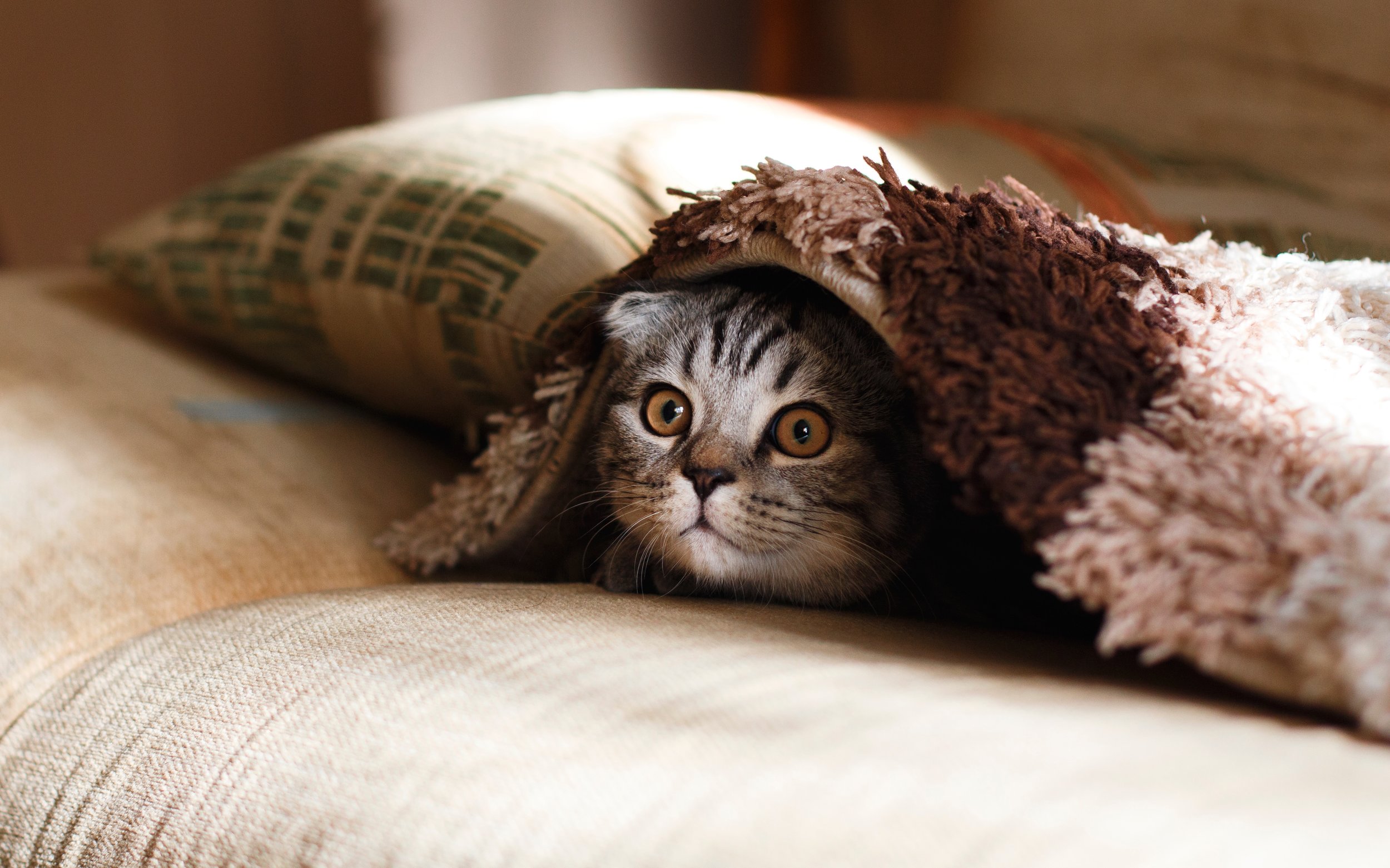The Dance of Intimacy and Vulnerability (Part 1)
Dr. Noah K. Goldstein, DACM L.Ac.
Steps Towards Cultivating Vulnerability and Intimacy with Life
There's a way to live life with intimacy, with direct contact with our experiences. Living in this way brings a richness to life. We also gain a deep knowing of the beauty of being. Intimacy penetrates the veils that come between us and reality and liberates us from much friction in our lives. But living with such openness can be difficult. We must feel everything more deeply, including our pain.
I haven't perfected this way of living, but I’m constantly striving. And I've caught many a glimpse into what's possible. It's an ongoing practice that requires presence and openness. And openness means vulnerability.
Vulnerability is an interesting concept and experience. Many of the beliefs that inform the sense of vulnerability for most of us are in need of an upgrade.
The word implies on some level that there is risk of danger. Yet often the perception of danger is false and vastly underestimates what we’re capable of.
We’ve all been conditioned to believe that certain ways of being in the world are unacceptable. The punishment for behaving in unacceptable ways is usually rejection, shame, and the withdrawal of love.
If we pull this apart we need a few things to be able to open up and access vulnerability.
For the next few weeks we’ll be exploring what we need to live with vulnerability and intimacy. We start this week with safety.
We Need To Feel Safe
There are many different sources of a sense of safety. In an ideal situation, all of them are present, but it’s possible to show up fully as ourselves even with just one source if we have enough courage.
I’ll start with external sources of safety - our relationships with others. When there are people in our lives who love us unconditionally, then we can feel safe with them. When we know, deep within ourselves, that this person in front of me, will not judge me or reject as a human deserving dignity no matter what I show up with and share, then we feel safe.
If we feel safe we can open up. When we open up we can be intimate. Intimacy offers a treasure trove of experience.
(This also means that if we hope for others to open up and be vulnerable with us, we need to be offering them safety and unconditional love).
Therapy can be such a powerfully healing experience simply because it’s a non-judgemental loving relationship, something many people have unfortunately never truly experienced.
As we weave into our lives people who love us unconditionally the ability to risk being open with people grows. The consequences of rejection shrink because we know we’ll be okay; we won’t be isolated or broken, because there are others out there who love us and care for us.
There are also internal sources of safety that make intimacy and vulnerability more possible. When we love ourselves unconditionally and can make contact with our own profound inner strength and resilience, being vulnerable and more intimate with life becomes easier.
The catch here is that cultivating self-love and contact with inner strength and resilience does not happen in a vacuum. These are experiences that arise through modelling and relationships. Relationships in which we feel unconditional love.
Finally there is what I call the ineffable source of safety. This alludes to what many people refer to as God or The Divine or Spirit or Source. If we have a relationship with the world in which we experience it as a safe place, as a place full of love and beauty, our ability to relate to the world with more openness blossoms.
I will note here that openness does not mean naivete. In fact, a mature relationship with the world, and mature intimacy, involves feeling and knowing what is safe and what is not, and who is safe and who is not. It includes a cultivated sense of intuition and relationship with our inner senses and ability to trust them.
Next week we’ll be exploring another dimension of vulnerability.
